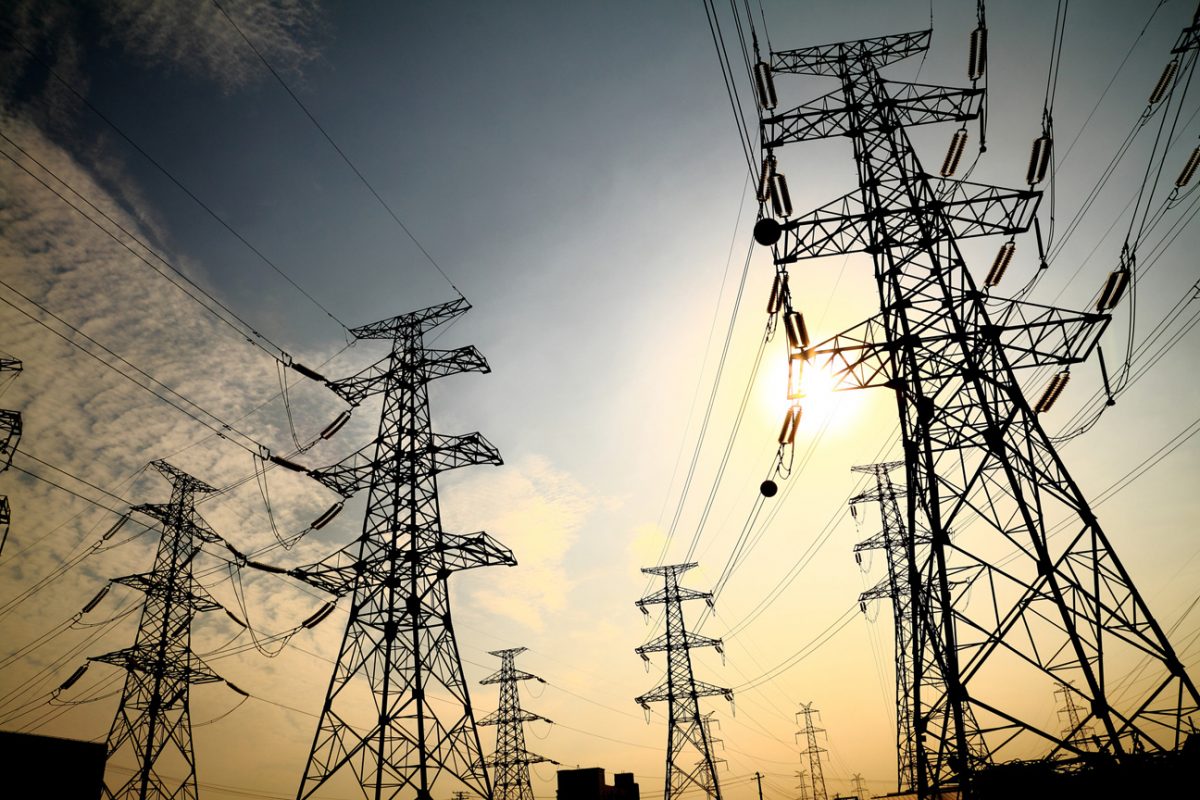
OpeOluwani Akintayo
Lagos — Newly released Nigerian Electricity Supply Industry, NESI data sourced from the market regulator, NERC listed just three total system collapses recorded by the Transmission Company of Nigeria, TCN despite several occurrences last year.
System collapse is witnessed when a system disturbance occurs with the grid not being able to withstand the disturbance, which usually leads to a blackout or abnormally low voltage in a significant part of the power system.
According to the document on ‘Key Operational & Financial Data, NESI 2019/2020 Q3’, the total system collapses were recorded in January, April and June 2020.
If the report were true, the three incidents would have been a major breakthrough for TCN that had recorded five total system collapses in 2019 (according to the document).
The document however, said there was no case of partial system collapse in 2020.
However, checks by SweetcrudeReports showed that the country witnessed more than the three reported cases of total system collapses in 2020.
SweetcrudeReports recalls that as of November last year, nothing less than five incidents had been reported.
The fifth total collapse was recorded and reported by TCN on Sunday, 8 November 2020, which according to its General Manager, Public Affairs, Ndidi Mbah, occurred around 11:25AM.
Again unlike the 5 total collapses reported by the company for 2019, findings showed that the grid actually suffered more than twelve incidents that year.
Reacting to the disturbing cases, a statement by TCN itself had said incidents of grid collapses cannot be totally avoided.
The statement titled, “TCN Restores Supply After System Collapse,” the company explained that as the national grid is still being operated with zero spinning reserve, system instability like the partial system disturbance might not be avoidable.
Nigeria’s sclerotic power grid, along with the resulting low energy supply, is a key challenge hindering industralisation and growth in the country known to be Africa’s largest economy.
An investigation by SweetcrudeReports early January had obtained a document clearly stating the huge sum of money spent by the transmission company last year.
In 2020, TCN spent the sum of N304 billion on transmission lines alone, and plans to still borrow the $5,203million to invest in other transmission projects from this year up until 2030.
The National Secretary, Nigeria Electricity Consumers Advocacy Network, NECAN, Mr. Uket Obonga, said: “TCN is still battling with inadequate and dilapidated transmission infrastructure across the country. The lines are old and need to be changed with new ones, their transformers and stations across the country are equally begging for replacement. Though transmission capacity increased from 5,000MW to 6,000MW, it cannot be relied upon as we have constant system collapse.”
The transmission promised constantly working to modernise the grid.
In its recent report, PwC, stated: “The situation in Nigeria’s power sector is abysmal and a major concern to all especially Nigerians and those investing in Nigeria. Insufficient electricity production, transmission and distribution is the biggest infrastructural and economic challenge facing Nigeria. Nigeria generates, transmits and distributes megawatts that are significantly less than what is needed to meet basic household and industrial needs. This deficit is exacerbated by load shedding, partial and total system collapse as well as power failure. “This problem has lingered for many years and adversely affecting the country’s economy. Nevertheless, successive governments have made countless attempts to salvage the greatest Nigeria economic woes but have however, failed to yield much needed result.”
Although the national grid is said to have a production capacity of 12, 000MW, however, the GenCos have been able to produce between 4000MW/5000MW.
A paltry 5000MW is however not sufficient to cater for the country’s 200 million population, as experts have said the country needs a minimum of 30, 000MW to reach sufficiency.



